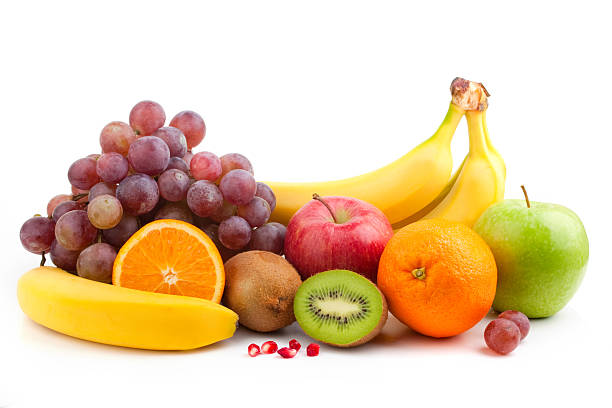In the world of nutrition, the concept of eating seasonal fruits holds significant importance. Seasonal fruits refer to those fruits that are naturally available during a specific time of the year in their respective regions.
Importance of Eating Seasonal Fruits
Eating seasonal fruits offers a myriad of benefits. Not only are they fresher and tastier, but they also tend to be more nutritious as they ripen naturally and are harvested at the peak of their flavor.
Spring Fruits
Strawberries
Spring brings forth a bounty of strawberries, known for their juicy texture and sweet flavor. Rich in vitamin C and antioxidants, strawberries are a delightful addition to salads, desserts, and smoothies.
Cherries
Cherries, with their vibrant colors and tangy sweetness, are another highlight of the spring season. Packed with vitamins and minerals, cherries offer numerous health benefits, including improved sleep and reduced inflammation.
Apricots
Apricots, with their velvety skin and delicate flavor, are a quintessential spring fruit. High in fiber and vitamin A, apricots support digestive health and promote glowing skin.
Summer Fruits
Watermelon
Summer is synonymous with watermelon, a refreshing and hydrating fruit. With its high water content and abundance of vitamins, watermelon is perfect for keeping cool on hot summer days.
Peaches
Peaches, with their fuzzy skin and sweet flesh, are a summer favorite. Rich in vitamins A and C, peaches promote eye health and boost the immune system.
Blueberries
Blueberries, bursting with flavor and antioxidants, thrive during the summer months. These small but mighty fruits offer numerous health benefits, including improved brain function and heart health.
Fall Fruits
Apples
Fall heralds the arrival of crisp apples, available in a variety of colors and flavors. Apples are a good source of fiber and vitamin C, making them a nutritious snack option.
Pears
Pears, with their juicy flesh and subtle sweetness, are abundant in the fall. High in dietary fiber and antioxidants, pears aid digestion and support heart health.
Grapes
Grapes, whether green, red, or purple, are a fall delicacy. Packed with vitamins and minerals, grapes provide a quick energy boost and promote healthy aging.
Winter Fruits
Oranges
Winter brings forth a citrusy delight with oranges. Bursting with vitamin C and immune-boosting properties, oranges help ward off colds and flu during the chilly winter months.
Kiwi
Kiwi, with its fuzzy brown exterior and vibrant green flesh, is a winter powerhouse. Rich in vitamin K and potassium, kiwi supports bone health and aids in digestion.
Pomegranates
Pomegranates, with their jewel-like seeds and tart flavor, are a winter treat. Loaded with antioxidants and anti-inflammatory properties, pomegranates promote heart health and combat oxidative stress.
Benefits of Eating Seasonal Fruits
Eating seasonal fruits ensures a diverse and nutrient-rich diet. By consuming fruits that are in season, individuals can enjoy maximum flavor and nutritional benefits while supporting local agriculture and reducing their carbon footprint.
Tips for Choosing Seasonal Fruits
When selecting seasonal fruits, opt for those that are firm, fragrant, and free from blemishes or bruises. Consider visiting local farmers’ markets or joining a community-supported agriculture (CSA) program to access fresh, locally-grown produce.
Conclusion
In conclusion, the question “What fruit is in season?” invites us to explore the vibrant array of fruits that nature offers throughout the year. By embracing seasonal eating, we not only savor the freshest flavors but also reap the health benefits of consuming fruits at their peak ripeness. Let’s celebrate the changing seasons by indulging in nature’s bountiful harvest of delicious and nutritious fruits.
